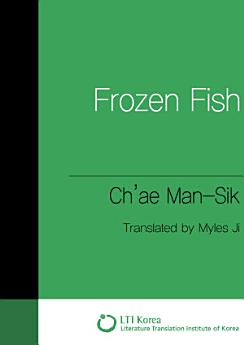Frozen Fish
O ovoj e-knjizi
Ocene i recenzije
O autoru
Chae Man-sik (1902-1950) was born in Okgu, North Jeolla Province in 1902. His pen names are Baek-reung and Chae-ong. After graduating from Joong-ang High School, he studied the arts at Waseda University, Japan. Chae Man-sik is considered to be one of the most emblematic novelists of the colonial period. He produced works that authentically showcased the social realities and conflicts of the time such as My Innocent Uncle (1938), Turbid Waters (1937-1938), Peace Under Heaven (1938), Frozen Fish (1940), and the play The Legend of the Mantis (1940), among others. His artistic world puts emphasis on reflecting and criticizing the reality of his day. In his works, he truthfully describes the destitution of farmers under colonial rule, the anguish of intellectuals, the fall of the inner city lower class, and the chaos that ensued after independence. After the restoration of independence, he produced controversial pieces such as Transgressor of the Nation, The Story of the Rice Paddy, and Mister Bang, that reflected on the history of Japanese forced labor camps and incisively delved into post-independence Korean society. He died right before the outbreak of the Korean War in June 25th, 1950, from pneumonia.







